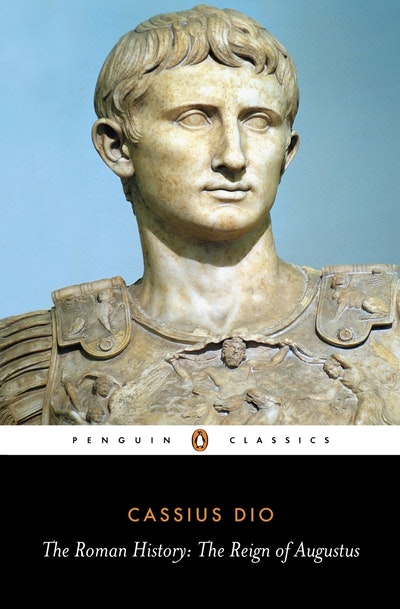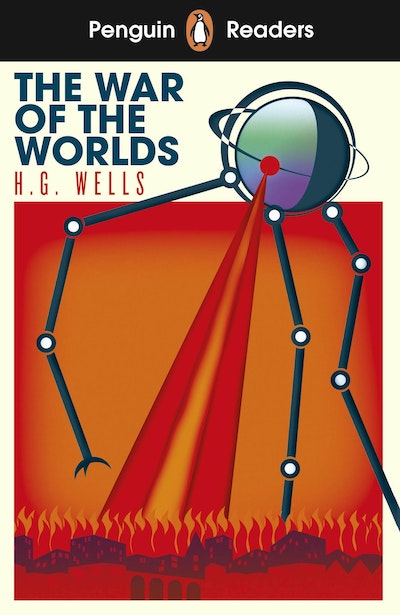- Published: 15 February 2008
- ISBN: 9780451530653
- Imprint: Signet
- Format: Paperback
- Pages: 224
- RRP: $14.99
The War of the Worlds
A beautiful new edition of the science-fiction classic, soon to be a major BBC drama
For more than one hundred years H. G. Wells’ classic science fiction tale of the Martian invasion of Earth has enthralled readers with a combination of imagination and incisive commentary on the imbalance of power that continues to be relevant today.
No one would have believed in the last years of the nineteenth century that this world was being watched keenly and closely by intelligences greater than man’s and yet as mortal as his own....
So begins The War of the Worlds, the science fiction classic that first proposed the possibility of intelligent life on other planets and has enthralled readers for generations. This compelling tale describes the Martian invasion of earth. When huge, tireless creatures land in England, complete chaos erupts. Using their fiery heat rays and crushing strength, the aliens just may succeed in silencing all opposition. Is life on earth doomed? Will mankind survive? A timeless view of a universe turned upside down, The War of the Worlds is an ingenious and imaginative look into the possibilities of the future and the secrets yet to be revealed.
WITH AN INTRODUCTION BY KARL KROEBER AND AN AFTERWORD BY ISAAC ASIMOV
- Published: 15 February 2008
- ISBN: 9780451530653
- Imprint: Signet
- Format: Paperback
- Pages: 224
- RRP: $14.99












































































































































































































































































































































































































































































































































































































































































































































































































































